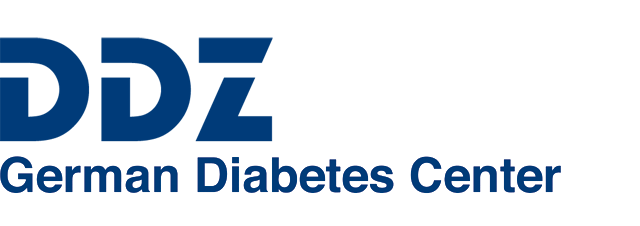Women with gestational diabetes (GDM) during pregnancy have an increased risk of developing type 2 diabetes later in life. Aftercare for women diagnosed with GDM is indeed defined in guidelines, but there is no regulation between obstetric, diabetological, gynaecological, pediatric and primary care. Currently, there is little knowledge about the implementation of the guidelines in practice, the use of aftercare services, reasons for (non-) use and care in the event of impaired glucose regulation.
Aims
The aim of the project is to examine the current aftercare situation for women with GDM in Germany. Furthermore, knowledge, problem awareness, concepts, attitudes, practical routines and experiences of health care providers and affected patients will be analyzed. Building on this, an appropriate and patient-centered care model will be developed.
Project Lead and Contact Person
Cooperations
- Institut für Allgemeinmedizin, Heinrich-Heine-Universität Düsseldorf
- Universitätsfrauenklinik, Heinrich-Heine-Universität Düsseldorf
- Universitätskinderklinik, Heinrich-Heine-Universität Düsseldorf
- Institut für Biometrie und Epidemiologie, Deutsches Diabetes-Zentrum, Düsseldorf
- Institut für Angewandte Gesundheitsforschung, Bereich Hebammenwissenschaft, Hochschule für Gesundheit Bochum
- PMV forschungsgruppe, Universität zu Köln
- winDiab gGmbH
- Kassenärztliche Vereinigung Nordrhein
- BARMER
- DAK Gesundheit
- IKK classic
- pronova BKK
- Deutsche Diabetes-Hilfe e.V.
Funding
Innovationsfonds (GBA)
Methods
The insights gained in various working packages using register, (statutory) health insurance data, data from a regional Association of Statutory Health Insurance Physicians and from quantitative and qualitative surveys shall be integrated into a system model using a mixed model approach. A health care model for aftercare of patients with GDM will be subsequently derived.
Duration
2019-2022
